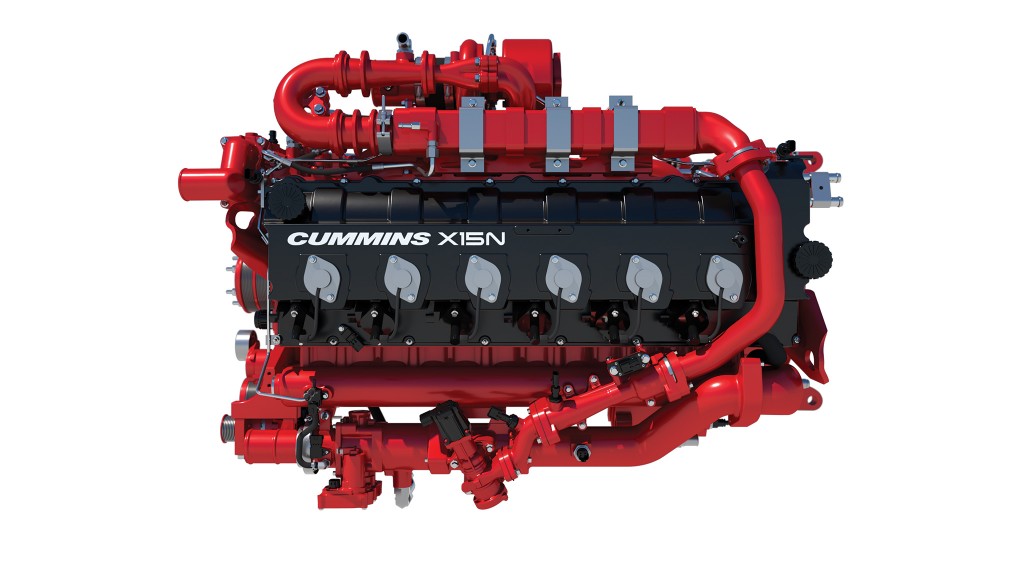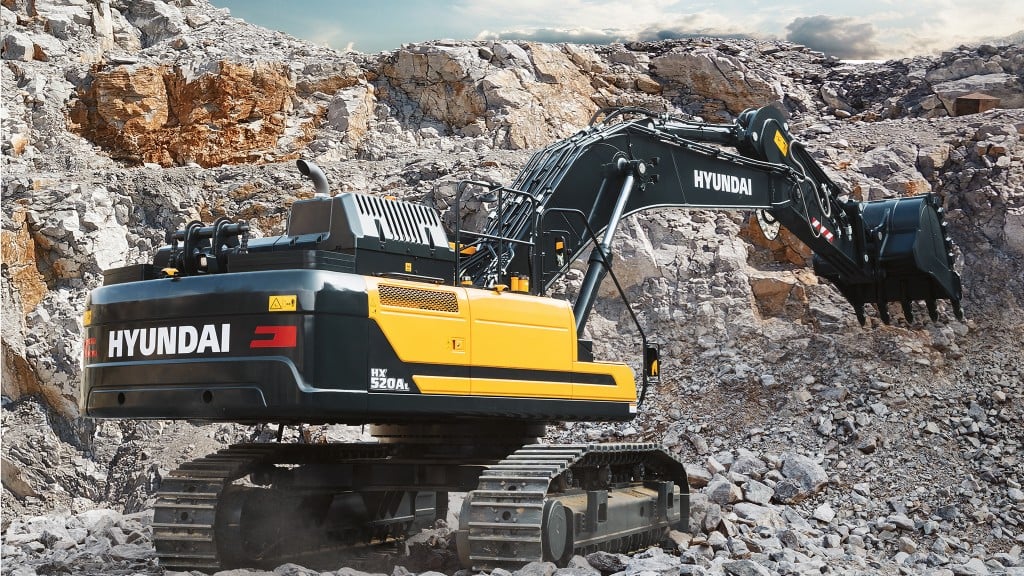
In an effort to expand decarbonization, Cummins is expanding its powertrain platforms to provide buyers with easier access to lower carbon fuel types. A series of fuel-agnostic engine platforms will be brought to the market, using common bases and parts while running on different fuels.
These engine platforms will use engine blocks and core components that share architectures, and will be optimized for different low-carbon fuel types. The new design approach will involve Cummins' B, L, and X-Series engines, and each will be available using diesel, hydrogen, or natural gas.
"Getting to zero is not a light-switch event. Carbon emissions that we put into the atmosphere today will have a lasting impact. This means anything we can do to start reducing the carbon footprint today is a win for the planet. We need to take action now," said Srikanth Padmanabhan, president, Cummins Engine Business. "Having a variety of lower carbon options is particularly important considering the variation in duty cycles and operating environments across the many markets we serve. There is no single solution or ‘magic bullet' that will work for all application types or all end users."
Padmanabhan said that anything that can be done immediately will assist in reducing carbon challenges down the road, but that it is easier for some users to transition than others.
"Some end users may be able to quickly transition to battery-electric and fuel-cell-electric solutions that we are producing through our new power business. However, for others, they just cannot transition today. Every end user needs to evaluate the economics, power, and range requirements, including refuelling needs," he said. "In addition, they have to navigate infrastructure challenges, regional resource needs, bottom line, total cost of ownership, and the limitations of technology, which make every decarbonizing challenge unique."
New approach creates complete solution
According to Jonathon White, vice president of engineering with Cummins' Engine Business, the company's work over the years has improved fuel economy greatly, but the new approach will integrate components into a complete powertrain solution.
"These components include filtration, aftertreatment, turbochargers, fuel systems, electronic control systems, air handling systems, automated transmissions, and telematics," White said. "Also, our natural gas engines have reduced NOx emissions by more than 90 percent compared to today's EPA requirement. When powered with renewable natural gas, they can deliver sub-zero greenhouse gas emissions while delivering the same power and reliability of diesel."
Cummins states that the new engine versions will have largely similar components below the head gasket, and above the head gasket will be designed for the different fuel types. This parts commonality will offer increased benefits for both truck OEMs and end users, making it easier for OEMs to integrate an engine across its truck chassis while offering a range of fuel types as customers require. Training for technicians will be reduced, making for a lower total cost of ownership.
"This is a new way of designing and developing lower emission internal combustion powertrains that meet the unique needs of the transportation industry while leveraging the benefits of a common product architecture and footprint where possible," said White. "This unique technology approach will allow end users to more seamlessly pick the right powertrain for their application with the lowest CO2 impact."
Under the new strategy, Cummins will offer the B, L, and X series engine platforms with the ability to select different fuel options depending on user needs. In addition to the 15-litre natural gas and hydrogen products, it will add gasoline, propane, and hydrogen to its B6.7 portfolio to complement the existing diesel and natural gas products.
"The bottom end of the engine looks the same, and the top end can accommodate different fuels. Each engine version can operate using a different single fuel," White described.
End users can choose the right powertrain for them
White said that currently, natural gas versions of some Cummins engines are available, operating on compressed or liquid natural gas, and in addition, engines are being designed to run on propane while featuring a high degree of parts commonality with the natural gas and diesel fuel engines. In addition, hydrogen-fuelled engines will be added to the mix.
"This fuel agnostic approach will allow end users to pick the right powertrain for their application, with low CO2 impact. These innovations come from decades of Cummins experience with hydrogen and natural gas fuels," White said. "Whether it's built on the X, L, or B series platform, these new unified products will have 80 percent parts commonality and look and feel familiar to customers and technicians. The product architecture, engine footprint, even service intervals are all designed around using the same parts and components where possible. This makes these products an economically viable, scalable, and eco-friendly solution for the planet that can be adopted today."
Cummins is targeting net-zero emissions by 2050, and part of that move is to reduce emissions from newly sold products by 25 percent and, in partnership with customers, to cut emissions from products in the field by 55 million metric tons by 2030.
"Cummins is innovating at every level of the company to find new ways of working that use fewer of the world's resources and the Engine Business is at the centre of this exciting innovation," said Padmanabhan. "We know that our planet cannot wait for the perfect solution to happen. Instead, our approach must be a combined effort of using zero emissions power where it's available and using cleaner power where it is not. The planet cannot afford for us to hit pause in the meantime."



